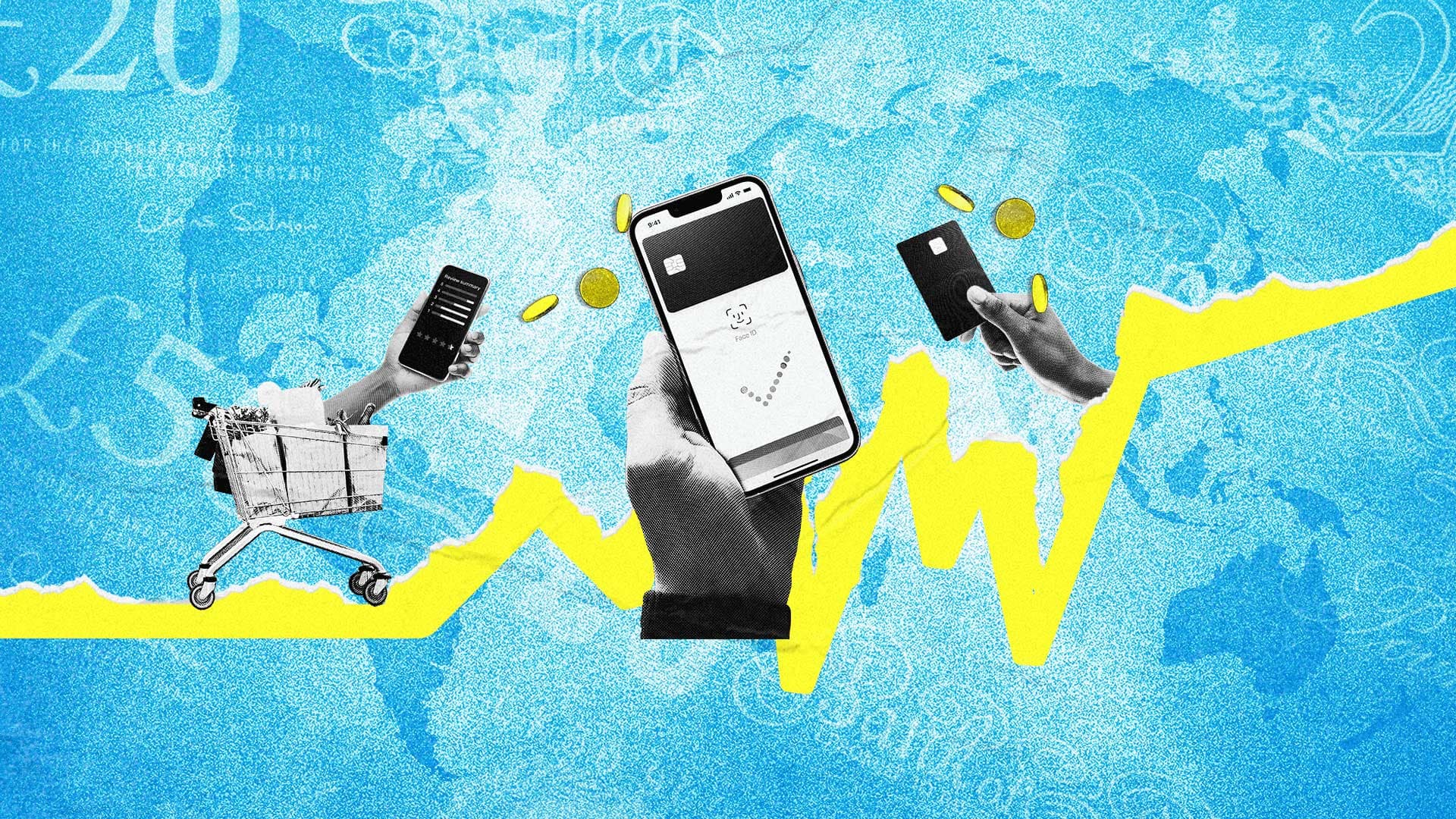For UK businesses, getting ahead of the competition is crucial as inflation, the cost-of-living crisis and geopolitical uncertainty create a challenging operating environment. New research by Barclaycard Payments and FT Longitude that surveyed 500 senior UK business leaders shows that organisations risk losing customers to their rivals if they do not create the right payment ecosystem: 28 per cent have recently lost important customers because their payment experience was not as good as it could have been.
Half (51 per cent) of the respondents say that payment transformation is at the heart of their customer experience strategies. Iñigo Perez, global head of digital strategy and transformation at Vodafone, says: “Whenever we have made progress or changes in payments, it has never been based on purely financial needs. We are always thinking first of customer experience, customer convenience and how we can link that to our business priorities.”
Budget challenges and skills gaps are holding back investment
The research shows that senior decision-makers are aware that payment transformation enhances customer experience. However, budgets are tight: 47 per cent of senior executives say that although they need to invest in payment transformation, they are struggling to secure funding because of the uncertain operating environment. More than two-thirds (68 per cent) say that rising inflation and interest rates are having a negative impact on their performance.
“With the economic backdrop, we are acutely aware of spending,” says David Gammie, CFO at beer and wine subscription service Beer52. “With relative uncertainty around the trading outlook, it means that our likelihood of investing in significant development work from an IT or platform standpoint is reduced.”
Other potential hurdles for executives include talent shortages and regulation. For the survey respondents who say they are planning payment transformation in the next year, lack of skills within their organisation is the most common barrier to success.
This is likely to be partly due to the challenge of keeping up with constantly shifting regulations, such as the requirements of the Payments Services Directive (PSD2). “It is a huge burden, so that can sometimes be obstructive in terms of getting things moving.” says Adnan Hafiz, director of network resource and development at the charity Islamic Relief Worldwide.
However, being compliant is crucial to any business, and employees should constantly update their knowledge of the latest requirements to ensure customers’ needs are met.
Personalisation is powerful
Despite the hurdles businesses may face in investing in payment transformation, they risk losing out on revenue if they are left behind in this opportunity to enhance customer experience.
There is a fantastic opportunity for growth for businesses which grasp the payment transformation momentum now.
The Barclaycard Payments survey respondents say that personalisation is customers’ most valued feature when it comes to the payment experience, followed by trust and safety and opportunities for savings. Personalisation might include saving customer details for a faster checkout, remembering their preferred payment method and tailoring additional purchase suggestions or discount offers.
Dr Kion Ahadi, director of futures and insights at The Law Society, says the professional membership body has recently transformed payments with personalisation in mind. “If one of our members comes to our website now and books a course or event, we've got the tool in place where we keep payment details if they give their consent, so they don't have to repopulate it all,” he says. “Next time they come, it's just one click.”
This shows the vital role the payment experience plays in building the right ecommerce capabilities to encourage customer loyalty and create a seamless experience.
The members’ club chain Soho House recently introduced the House Pay platform, which allows members to pay through the Soho House app. The experience is fully personalised: the app stores members’ preferred credit and debit cards, automatically applies discounts they are eligible for and allows members to pay with loyalty credits. “Having this digital payments infrastructure is super-convenient for the member,” says Soho House CTO Raj Dhawan. “So it adds to their experience. Increasingly members are loving using the app to pay.”
The customer experience could be make or break
Businesses know they need to invest in payment transformation to improve their customers’ experiences — or risk losing them. But they are finding it difficult to prioritise that investment, as they balance economic uncertainty with competing strategic aims.
The question is, how long can they wait to make these improvements? Businesses that make their payment experiences as personalised, easy and secure as possible will improve their customers’ loyalty. “Personally, I see payments and data as a huge opportunity,” says Soho House’s Dhawan, referencing the customer experience improvements the business has been able to make through its recent transformation. “The next six to 12 months are going to bring huge opportunities for us in this space.”
And as regulations continue to tighten, the need to prioritise payment strategy will only increase, in order to ensure compliance. Investing in payment ecosystems and upskilling employees now will help keep businesses competitive and build their resilience against the challenges to come.
Jennifer Drabble, director, head of customer experience at Barclaycard Payments, says: “Payment interactions are the most frequent point of customer experience, giving companies significant opportunities to shape customer perceptions, drive personalised experiences and build loyalty. There is a fantastic opportunity for growth for businesses which grasp the payment transformation momentum now.”
About the research
In December 2022 and January 2023, FT Longitude and Barclaycard Payments surveyed 500 senior UK business leaders (C-suite and C-1 level), at organisations with an annual turnover of at least £10mn. The research sought to understand leaders’ strategies, aims and ambitions in the payments space. Within the research, a big business is defined as an organization with 250 or more employees.
from Barclaycard Payments
